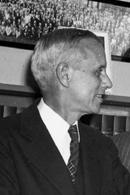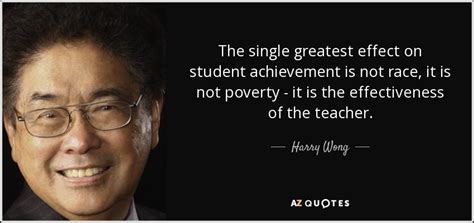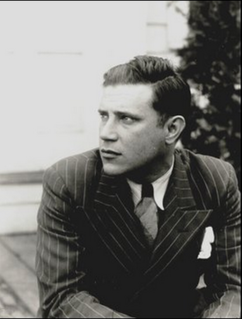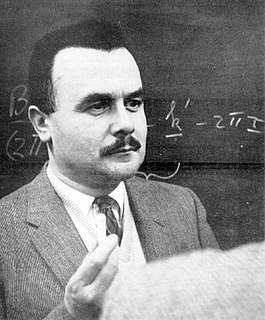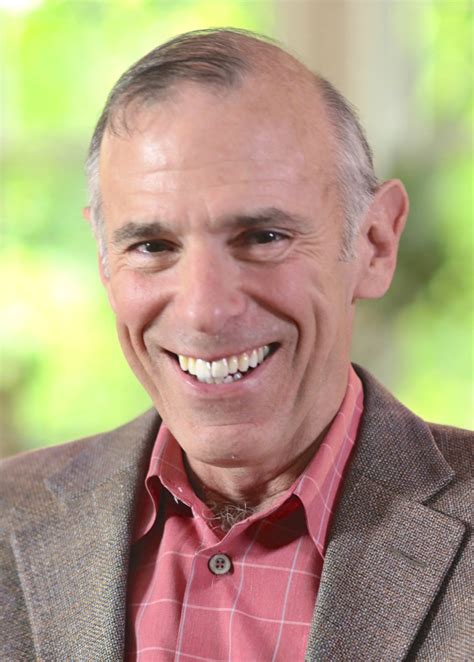A Quote by Ernst Mach
I once knew an otherwise excellent teacher who compelled his students to perform all their demonstrations with incorrect figures, on the theory that it was the logical connection of the concepts, not the figure, that was essential.
Related Quotes
One of the first and foremost duties of the teacher is not to give his students the impression that mathematical problems have little connection with each other, and no connection at all with anything else. We have a natural opportunity to investigate the connections of a problem when looking back at its solution.
A great teacher is not simply one who imparts knowledge to his students, but one who awakens their interest in it and makes them eager to pursue it for themselves. He is a spark plug, not a fuel pipe. The reason colleges exist is to bring students into contact with contagious personalities, for otherwise they might as well be correspondance schools.
It must be conceded that a theory has an important advantage if its basic concepts and fundamental hypotheses are 'close to experience,' and greater confidence in such a theory is certainly justified. There is less danger of going completely astray, particularly since it takes so much less time and effort to disprove such theories by experience. Yet more and more, as the depth of our knowledge increases, we must give up this advantage in our quest for logical simplicity in the foundations of physical theory.
The main difference in the effectiveness of teaching comes from the thoughts the teacher has had during the entire time of his or her existence and brings into the classroom. A teacher concerned with developing humans affects the students quite differently from a teacher who never thinks about such things.
For strictly scientific or technological purposes all this is irrelevant. On a pragmatic view, as on a religious view, theory and concepts are held in faith. On the pragmatic view the only thing that matters is that the theory is efficacious, that it 'works' and that the necessary preliminaries and side issues do not cost too much in time and effort. Beyond that, theory and concepts go to constitute a language in which the scientistic matters at issue can be formulated and discussed.




